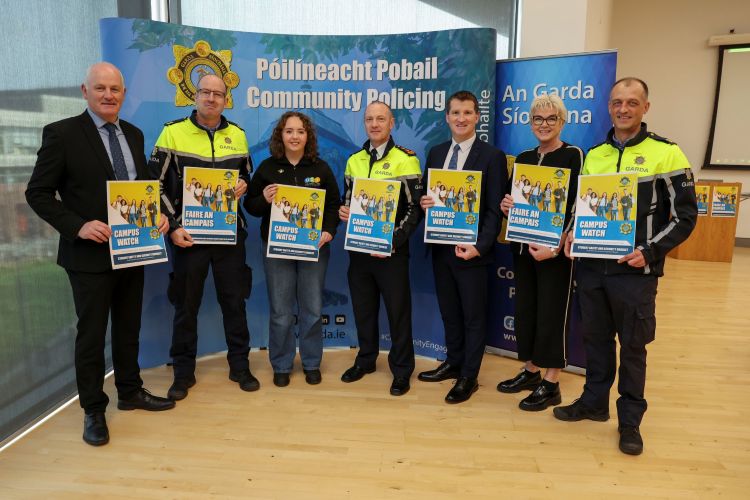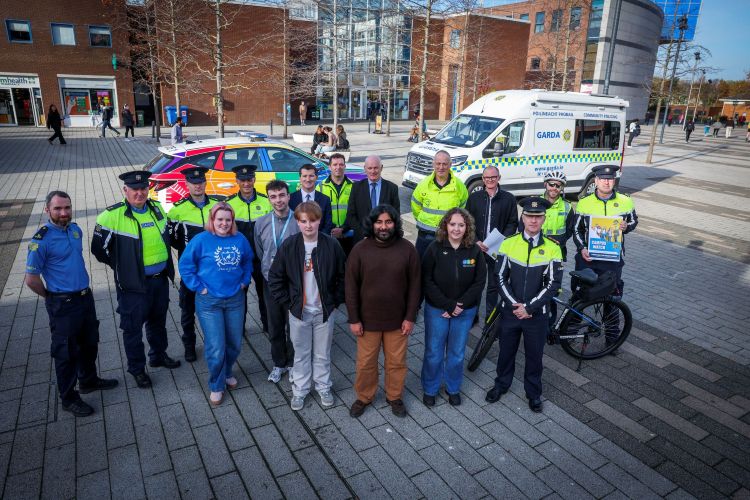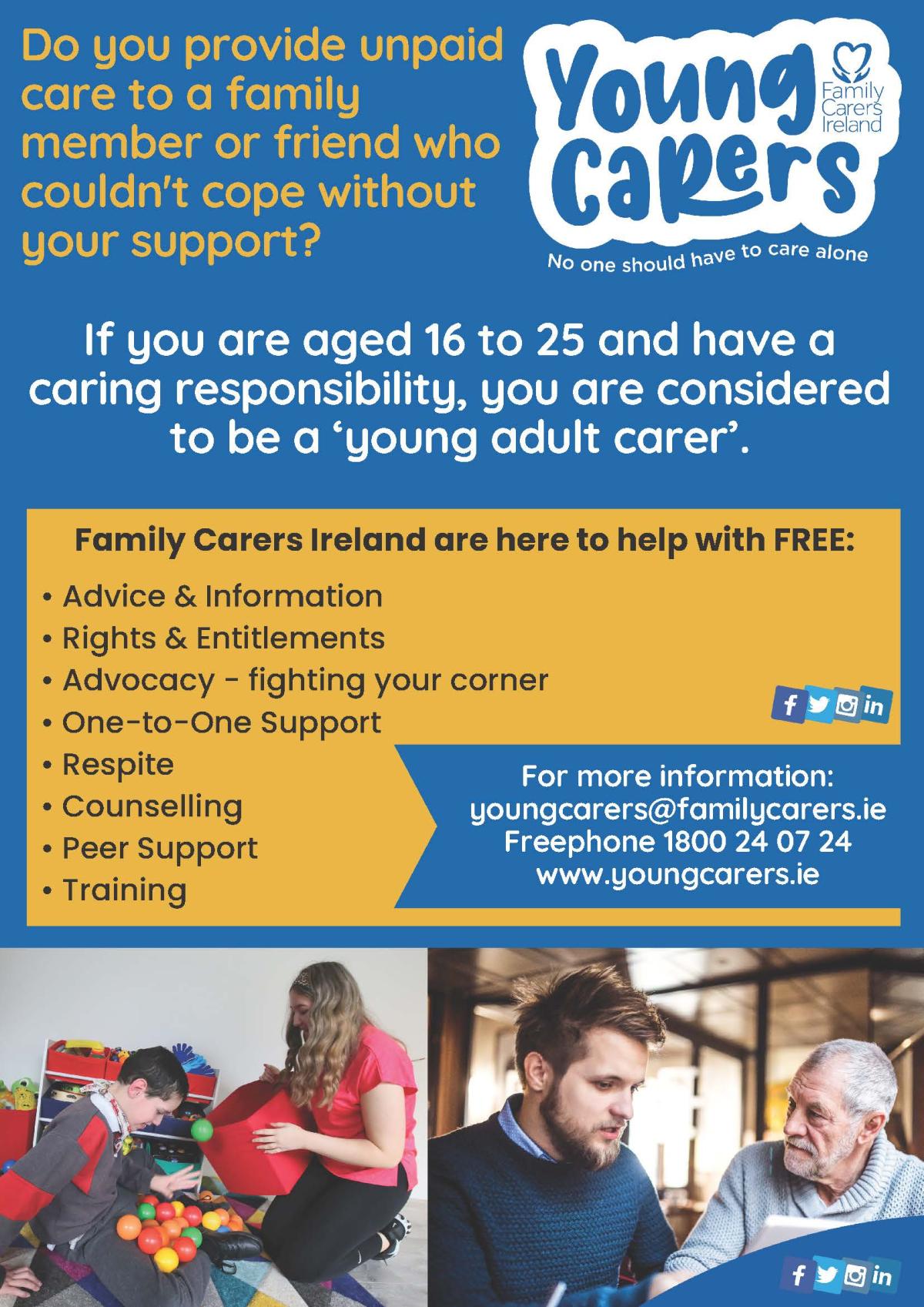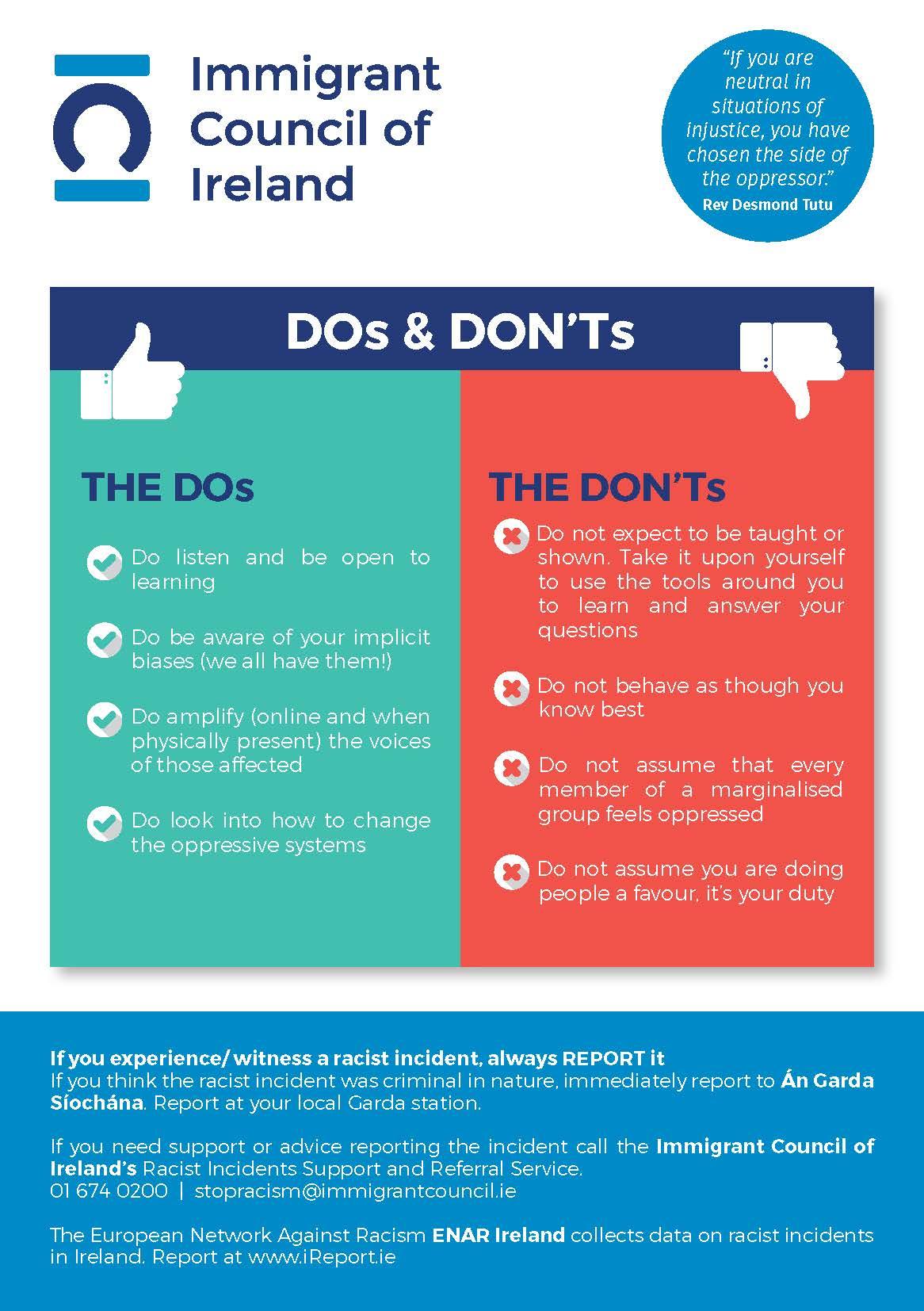
Support for Students
There is a variety of support available to staff, students, family, or friends when navigating a university student policy. It is important that the policy and procedures are read in full to thoroughly understand the options available depending on the situation. However, it can be difficult to navigate what action to take or who to talk to first. On this page, you will find a list of trained staff who can provide advice, guidance, and support if you need to understand a policy in depth.
DCU Dignity and Respect Allies
To chat with someone in confidence about your experience, contact a Dignity and Respect Ally. They will be able to advise you on options available for reporting an incident or offering initial support. DCU has many supports available and can refer you to the correct support needed. We want to ensure you have a positive student experience and talking to someone can be the first step to dealing with a situation.
To contact an ally, email Student Report and you will referred to a support meeting.
DCU Sexual Misconduct Advisers
To chat with someone in confidence about your experience, contact a Sexual Misconduct Adviser. They will be able to advise you on options available for reporting an incident or offering initial support. DCU has many supports available and can refer you to the correct support needed. We want to ensure you have a positive student experience and talking to someone can be the first step to dealing with a situation.
To contact an adviser, email Student Report and you will referred to a support meeting.
Student Advice and Learning Skills Centre
Student Advisers are available to meet students 1:1 or online to support students during their time at DCU. They can advise of any student policy and refer you to specific supports available. However sometimes when students are dealing with personal situations, it can have an impact on academic, financial, or wellbeing areas of life. A Student Adviser can provide guidance on what supports are available internally at DCU and externally. The following support is available:
- Academic - Deferral of Year, extenuating circumstances, postponement of exams or exam results
- Personal - Accommodation, Bereavement, not settling into university, extenuating circumstances or not being happy with your programme.
- Financial - Fees, financial assistance, budgeting, or your SUSI grant
- Professional - Academic skills support, professional development, and how to succeed at university
- International Students
- Mature Students
- Remote Students
DCU Chaplaincy is a place of care and sanctuary for everyone on campus and for the wider community. They aim to reflect and encourage the diversity of beliefs, traditions and cultures within the University - and to bring these cultures together in a spirit of creativity, mutual enlightenment and fun. They provide pastoral care and confidential support to students and staff.
The Students' Union is a team of five full-time sabbaticals that represents, helps, and supports you, while creating awareness, fighting for change, providing opportunities, creating a community, and running events, all for you the students. As peers, sometimes you may want to have an informal chat in relation to any incidents that have happened. They can provide a listening ear and refer you to the right support.
A disclosure can happen anywhere at any time and to anyone. It is normal to feel that you do not know what to do if someone discloses an incident of bullying, harassment, discrimination, or sexual misconduct. If you have recently received a disclosure and want to ensure the student feels heard and is safe, the following advice will be of help to you now.
Advice for Friends/Family/Staff Dealing with a Disclosure of Bullying, Harassment, Discrimination or Sexual Misconduct
General External Supports
Dublin City University’s Chief Operations Officer Declan Raftery joined USI Vice-President for the Dublin Region Emma Monahan, Chief Superintendent Padraic Jones and members of Án Garda Síochána at DCU’s U Student Centre on Tuesday 12th November 2024 to mark the launch of the 2024 Campus Watch Safety booklet.
Campus Watch is an initiative that aims to increase security awareness among third-level students nationwide. The booklet gives students useful information that promotes security and safety at public events or during nights out, alongside up-to-date regulations on road safety and drug awareness. The booklet is specifically tailored for third-level students to help them navigate safety challenges and make informed decisions.
CAMPUS WATCH BOOKLET FOR STUDENTS


Young adult carers support is available to students aged between 18-25 who have caring responsibilities at home. Family Carers Ireland provides specific support to young adults to ensure they can continue with their education.
At DCU we are setting up a peer support group for students who also have a caring responsibility at home. If this is you, contact Student Support or Deirdre Moloney and we can add you to the group.

Dublin Rape Crisis Support
24-hour Helpline number: 1800 77 8888
Finding Your Way after Sexual Violence
Online guide to finding more information about reporting options, what to expect at the garda station, visiting a SATU, health checks, and forensic examinations. It also provides insight into what it might feel like throughout the medical and legal processes and provides testimonials from victims/survivors and others who can help. Go to www.drcc.ie/fyw
We-Consent Campaign
We-Consent is a new long-term national programme to inform, educate and engage with all members of our society about consent. https://www.we-consent.ie/
Also please visit their website, www.drcc.ie It contains a lot of information, resources, and links to research, as well as the 24-hour Helpline number: 1800 77 8888, which can be accessed by anyone affected by sexual violence.
How to Respond to Racism Guide
‘Responding to Racism Guide’ is designed as a supplement to the iReport.ie system of recording and monitoring racist incidents in Ireland and, as such, it provides information about how and where to report and respond to various racist incidents including:
- racist crime;
- racist discrimination;
- hate speech online and in the media.
It also gives practical, step-by-step information on:
- how to go about finding redress,
- how to use existing legislation to address racism,
- where to find help
- how to support those affected by racism as a bystander and in a community.

